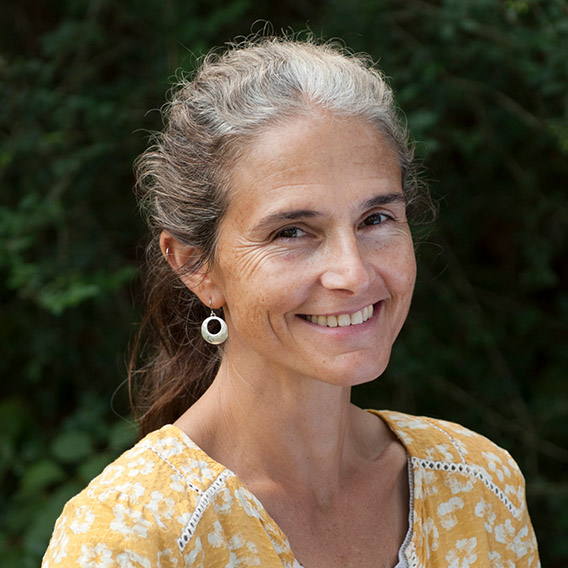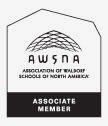A New Outlook Towards the World
Developmental Picture of the Student
In third grade the child experiences a new sense of self. Students begin to question, ‘Who am I in relation to others and to the world?’. In Waldorf inspired education we recognize this stage of self-discovery as the nine-year change. New capacities for thinking and judgment are emerging. The younger child’s experience of the unity of all things matures into the third grader’s awareness of a distinctly separate inner life. Strong opinions, likes and dislikes are emerging. The children begin to develop a more realistic view of everyone and everything around them.
How the Curriculum Meets the 3rd Grader
The primary lessons material, ancient Hebrew stories, serves as an appropriate metaphor for the child’s inner experience. The child understands on some level what it is to leave paradise, step into the real world and begin to stand on his or her own. In response, the curriculum connects them to meaningful, practical work such as construction, farming, and gardening. Developing these skills builds confidence and capacity. The Hebrew stories provide students with strong role models who show courage and determination. They engage students with foundational language arts work that leads into writing and independent reading.
In the developing third grader new capacities for thinking and judgment are emerging as they become more independent in thought and action. Our educators identify this important transition and realization of selfhood as “the nine-year change.”
In math, the children continue work with the four basic operations through the measurement of distance, capacity, weight and time. Measurement plays an important role in the gardening and building projects, creating a natural bridge between subjects. The study of time, including how to read an analog clock, and the cyclical changing seasons exposes the class to the ongoing rhythms of life. Third graders also begin formal movement classes where basic movement skills are taught through games. In music instruction, students move on to a string instrument, the violin, and are introduced to the basics of instrument handling, reading and playing music. Through stories and hands-on experiences third graders begin to understand the human being’s potential for courage, determination, skill and capacity.
3rd GRADE CURRICULUM COMPONENTS
- Science & Mathematics – Farming & gardening: growing and cultivating food rhythms in the cycle of a year; Measurements: calculating distance, capacity, weight & time; Introduction of multi-digit multiplication; Introduction of long division
- Language Arts – Hebrew and other stories that relate the ‘bounty of the earth’ such as farming and historical fables; Students practice independent reading; Introduction to the basic parts of speech; noun, verb, adjective and adverb; Reviewing stories to develop comprehension and sequencing; Writing a simple story independently
- Geography & History – Hebrew language, culture, rituals & history; Shelters: understanding climate and location in relationship to ancient and modern house building techniques; Grains: importance in global nourishment and world cultures
- Art – Creating picture motifs from stories and nature; Beeswax modeling practiced both independently and within a group
- World Languages – Alternating lessons of German and Spanish provide cultural exposure, develops memory, language, translative thinking and vocabulary skills.
- Handwork – Crochet to strengthen the dominant hand, and work on a three-dimensional project such as a pouch, a hat or an animal hand puppet.
- Music – Beginning music literacy through story; Singing in beautiful unison; gradually working toward singing in rounds; Pentatonic flute & beginning diatonic recorder
- Gym & Eurythmy – Gym focused on imaginative games that introduce organized physical play with rules and strategy; Eurythmy work with rhythms, geometrical forms, specific gestures for the sounds of speech and simple ‘concentration’ exercises to develop presence of mind
- Field Trips & Community Events – Third grades goes on a number of field trips to visit the local blacksmith, glassblower, goat farm, persimmon orchard, oil ranch, and other farming and shelter based locales.
LIFE SKILLS EXPERIENCED IN 3rd GRADE
- Introduction to homework assignments through weekly spelling quizzes
- Daily reading in groups, with partners or independently
- Spelling and vocabulary development
- Understanding basic sentence structure
- Beginning library use and research protocol
- Dictation practice
- Learning cursive handwriting
- Memorization of the multiplication tables
- Daily practice with the four basic operations and multiplication tables
3rd Grade Teacher




